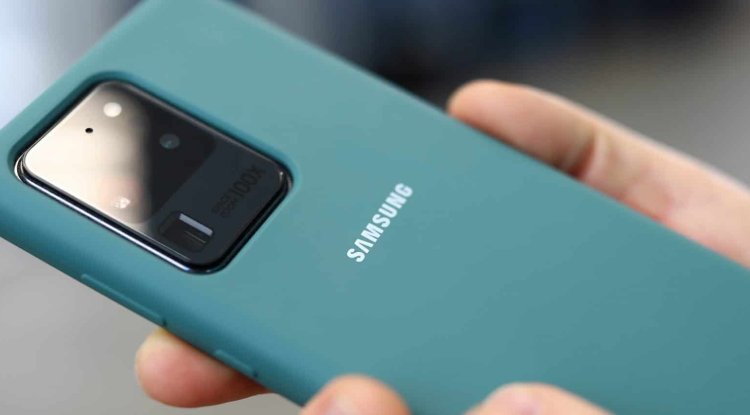Meta will launch its first AR glasses in 2024

Meta's initial AR glasses will be available in 2024, with more advanced models following in 2026 and 2028. They are being created under the code name "Project Nazare" in parallel with Oculus products, despite the fact that they surely share technologies.
Everything is part of Marc Zuckerberg's ambition of becoming the "lord of the metaverse," the Facebook parent company's grandiose strategic commitment that has included even the name change, which has also been utilized to try to leave behind the excesses of the privacy with the social network.
In a revolution equivalent to the debut of smartphones, Zuckerberg envisions augmented reality glasses as the holy grail that will "redefine our relationship with technology."
He is not the only one who believes that, and a similar rationale was used by Apple's CEO, Tim Cook, when advancing the creation of solutions for the Cupertino corporation without providing details or timetables.
The Verge claims to have obtained information from Meta's internal roadmap. Zuckerberg would push, and various teams would compete, to provide the first iteration of the device in 2024, and then produce lighter and more advanced designs from there.
"Zuck's ego is linked to the spectacles," explained a former staffer who worked on the project to the outlet. "He wants it to be an iPhone moment," referring to the revolution brought about by the first Apple mobile device.
It will be interesting to see what happens. Although Meta can use technology from its sister firm, Oculus, the demos so far, such as playing virtual chess on a real table with someone's avatar, have not been based on any working hardware or software. Meta still lacks a workable prototype, and the months until 2024 fly by.
The CEO of Meta sees his spectacles as a way to break free from the grip of Apple and Google, who jointly set the parameters that mobile phone applications like Facebook must follow.
The initial iteration is intended to function independently of a mobile phone through the use of a phone-shaped wireless device that downloads portions of the computation required for the glasses to function.
The capacity to speak and engage with holograms of other people through the glasses will be a standout feature, which Zuckerberg hopes will eventually provide consumers with a more immersive and compelling experience than video chats currently available.
In the meantime, a second device, codenamed "Hypernova," will be less expensive and simpler, connecting to smartphones to display incoming texts and other notifications via a smaller head-up display, akin to Google's smart glasses.
It should be noted that Meta has invested billions of dollars in these projects, and internal sales projections are not promising in the near term. Another of his initiatives, smart Ray-Bans, has sold one-third of what was expected. The Meta AR glasses' pricing has not been determined, although they are expected to be more expensive than the $299 Quest VR.
Meta anticipates significant sales by the end of the decade, but this is far from certain. Consumer virtual reality has been a complete flop to date, and Apple's AR debut has been delayed significantly, indicating that the category is not mature. The average user simply does not see the point in it. Meta and the other technology firms still have work to do.
Finally, according to Zuckerberg, all of these technologies will converge in the metaverse, shared virtual worlds aiming to become the next major communication platform on the size of the World Wide Web. Some even believe that the Metaverse will bring an end to the Internet as we know it.
If that ever happens, we won't be able to see it up close. Furthermore, access to the metaverse will not be limited to AR devices and will, in principle, be possible via VR headsets, PCs, or cellphones.




























